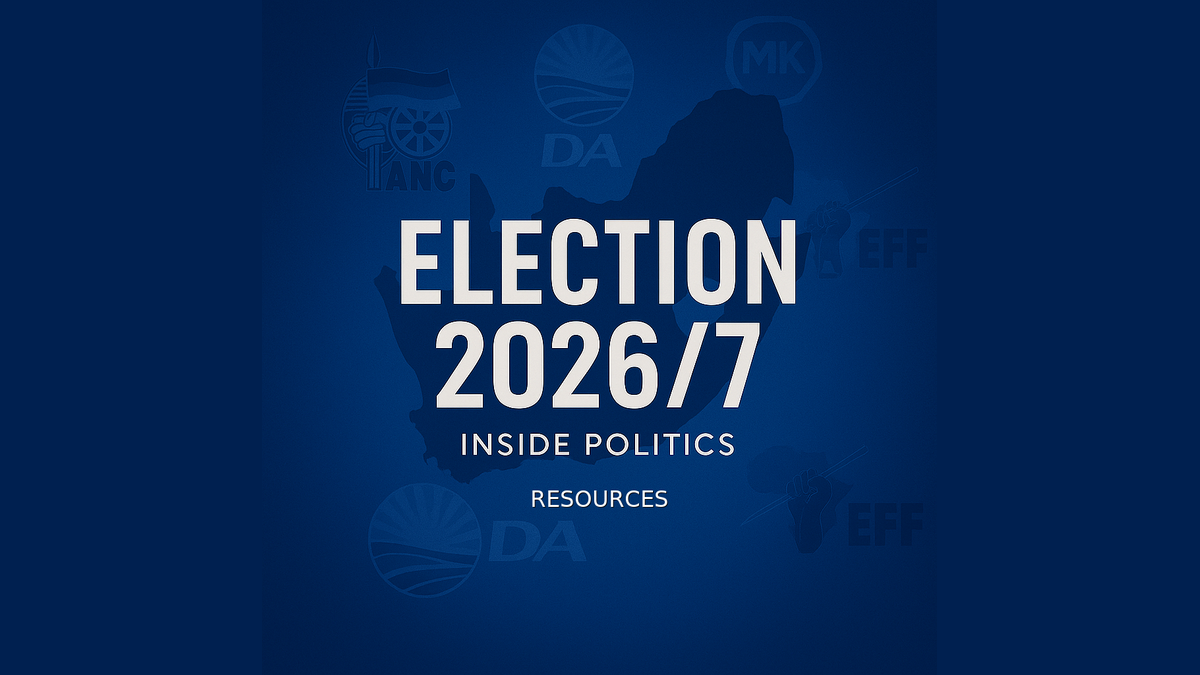Election 2026/7 [17] Did Unite for Change capture ANC voters in 2024?

A look at: 1. The performance of the UFC in 2024 (and that of its component parts), 2. Whether it achieved its objectives (of securing ANC votes and not fragmenting the opposition) and, 3. To try and establish some parameters for its prospects in 2026.
Read the rest of this entry »
